
Why do we, the experts in understanding the mind, have so much difficulty in addressing and improving our own mental health? Dr Moffic introduces our Portrait of a Psychiatrist series.

Dr Moffic is an award-winning psychiatrist who specialized in the cultural and ethical aspects of psychiatry and is now in retirement and retirement as a private pro bono community psychiatrist. A prolific writer and speaker, he has done a weekday column titled “Psychiatric Views on the Daily News” and a weekly video, “Psychiatry & Society,” since the COVID-19 pandemic emerged. He was chosen to receive the 2024 Abraham Halpern Humanitarian Award from the American Association for Social Psychiatry. Previously, he received the Administrative Award in 2016 from the American Psychiatric Association, the one-time designation of being a Hero of Public Psychiatry from the Speaker of the Assembly of the APA in 2002, and the Exemplary Psychiatrist Award from the National Alliance for the Mentally Ill in 1991. He presented the third Rabbi Jeffrey B. Stiffman lecture at Congregation Shaare Emeth in St. Louis on Sunday, May 19, 2024. He is an advocate and activist for mental health issues related to climate instability, physician burnout, and xenophobia. He is now editing the final book in a 4-volume series on religions and psychiatry for Springer: Islamophobia, anti-Semitism, Christianity, and now The Eastern Religions, and Spirituality. He serves on the Editorial Board of Psychiatric Times.

Why do we, the experts in understanding the mind, have so much difficulty in addressing and improving our own mental health? Dr Moffic introduces our Portrait of a Psychiatrist series.

As we approach the end of the year, our collection of eulogies remind us of life's fragile nature.

Many psychiatrists seem to feel that we lack the skill and knowledge to address social issues. What do you think?

In psychiatry, a “prosumer” is a mental health professional who has personally experienced mental illness. The prosumer can self-disclose that connection or not-Frederick Frese, PhD self-disclosed often, loudly, and clearly.
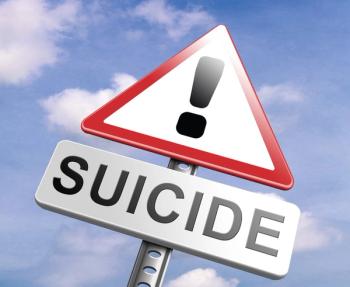
Like the song New York, New York, if we can succeed in reducing suicide in physicians, we can do it anywhere.

Upon Charles Krauthammer's death, his friend George F. Will wrote that when asked about how he became a columnist, he remarked, "First, you go to medical school.”
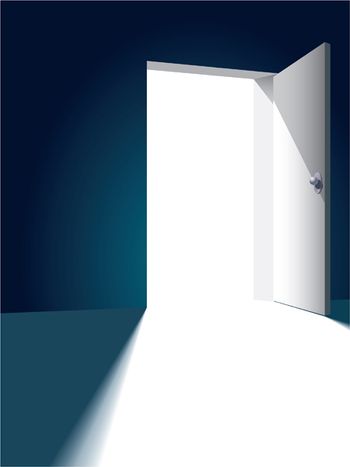
A tribute to the life and work of psychiatrist Walter Weintraub, MD.
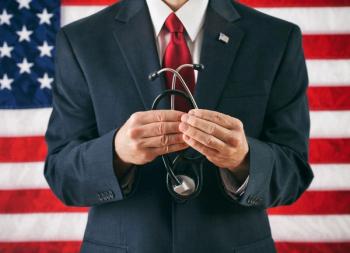
A month ago, we opened a poll about the Goldwater Rule and its controversy regarding the mental status of President Donald Trump. Here's what we found.

The loss of our psychiatrist colleagues reminds us to appreciate them while they are alive.

How many of you support the APA position on the Goldwater Rule? Let us know in this poll.

In addition to the indirect positive effect that Dr. King had on the self-esteem of so many, he implicitly connected his work to psychiatry. Who better to associate MLK's vision of “Beloved Community” than psychiatrist Phyllis Harrison-Ross?

Psychiatrists who have died in 2017-even those who posed a challenge--deserve to be remembered.

Here's a model that can stimulate psychiatrists to understand and address denial of global warming, the cognitive dissonance and guilt of our own responsibility, and the role of resilience in adapting to environmental changes.

Evil? Psychopathology? Mental illness? Gambling disorder? Brain tumor? Can future massacres be prevented if we understand what caused the Las Vegas shooter to become our country's biggest mass murderer?

Here's a book that tells of stunning psychiatric islands of therapeutic success amidst continuing limitations and problems in our mental health systems.

The PBS series on the Vietnam war has evoked a flood of memories, and reminds me how far we’ve come in our understanding of PTSD- and how far we still have to go.

How much should you reveal about yourself to your patients? To colleagues? To the state medical society? H. Steven Moffic, MD, takes a look at this issue in this video.

Like the cardiac stress test, mental health stress tests might help patients recognize their own psychiatric vulnerabilities. Would you take such a stress test if it were available?
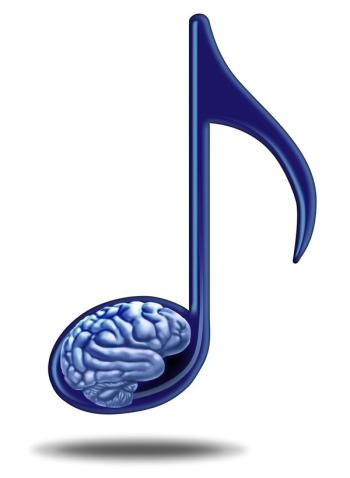
Most of us listen in one way or another. But listening can be taken for granted, even in psychiatry.
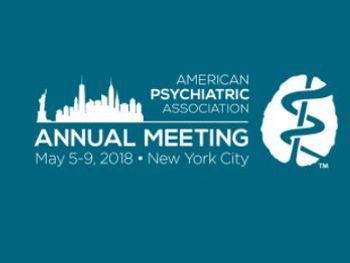
In the midst of 6 presentations this year, the author notices the elephant in the room.
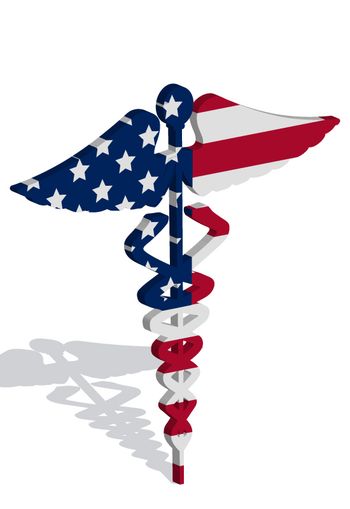
The work of these military psychiatrists who passed away in recent years still has relevance for us.

Making a beginning on a work memoir is one way to enhance your mental health.

These 2 psychiatrists who recently passed away left the world a better place.

I loved being a psychiatrist. Note the past tense.

On the risk of accepting the practice of psychiatric diagnosis from afar.

Given that “specific phobias” are a diagnostic category in DSM-5, is "Islamophobia" a diagnosable disorder?

American psychiatry is on the cusp of recognizing and tackling both physician burnout and climate change.

Carrie Fisher used her force to fight the stigma of mental illness --not with a light saber, but with insight.

Dr. Moffic remembers psychiatrists whose lives provided a model for the wider field of psychiatry in 2016. They are truly "gone but not forgotten."

On a daily basis, our patients demonstrate their resilience to face reality and rise above their challenges, despite the odds. So shall we.